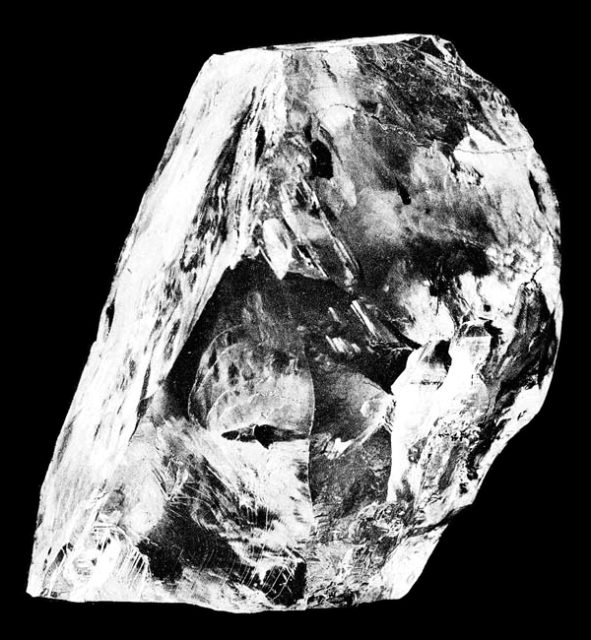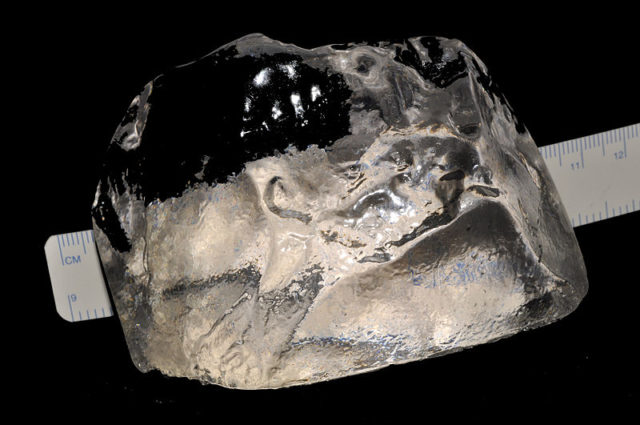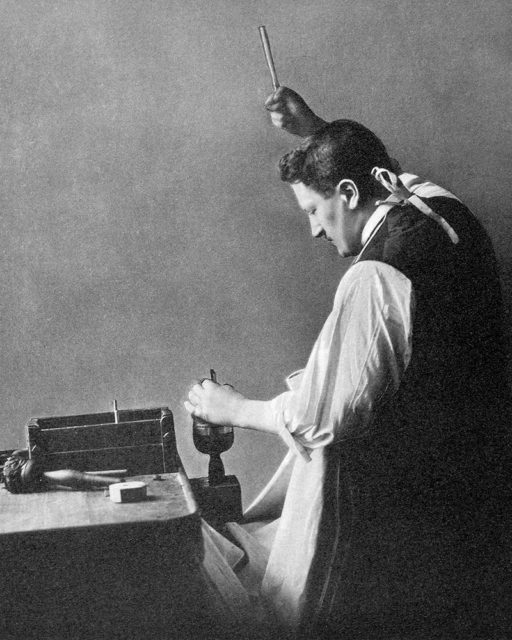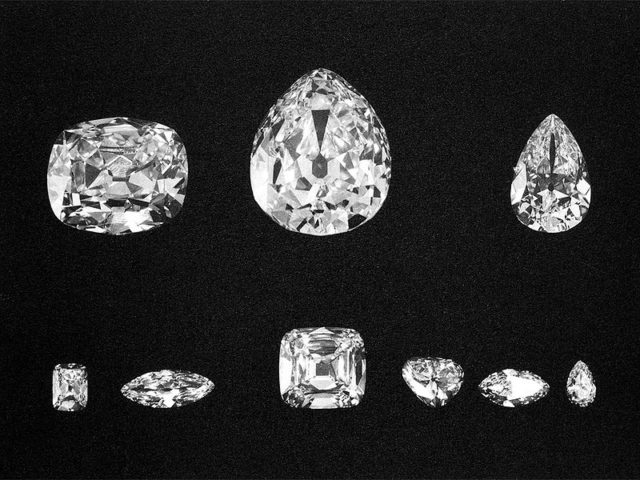The Cullinan Diamond, found in Premier No. 2 mine in Cullinan in South Africa in 1905, was the largest rough diamond suitable for making gems ever discovered.
It was named after Mr. Thomas Cullinan, the owner of the mine, and was presented to King Edward VII of the United Kingdom for his 66th birthday. The diamond was cut into many polished gems, the largest being the Great Star of Africa, which, at 530.4 carats, was the largest clear cut diamond.


Until 1985 it was the largest polished diamond of any color, but it was supplanted by the 545.67 carat Golden Jubilee Diamond that came out of the same mine.
The Great Star of Africa diamond is mounted on the Sovereign’s Scepter with Cross, and the Second Star of Africa, cut from the same rough diamond, is mounted on the Imperial State Crown. Both of these diamonds are part of the British Crown Jewels. Seven more major diamonds and ninety-six minor stones were also cut from the original rough diamond. All are owned by Queen Elizabeth II, who inherited them from her grandmother, Queen Mary.


When it was discovered, the rough diamond weighed 600 grams and was twice the size of anything found previously.
The initial examination of the stone put it at a weight of 3,106 carats, and so it was immediately named after the owner of the mine. It is described as having amazing clarity, but there was a black spot deep at its center. Since one side was smooth, the piece was thought to have broken off from an even larger stone. It seems that natural forces were more likely to have caused this than something done by human hands. A vote was conducted by the Transvaal Colony Government, which had purchased the diamond for 150,000 pounds, as to whether or not to give it to King Edward VII. After being persuaded, the King accepted the extravagant gift.

The stone was immensely valuable back in 1905, and the problem was how to get it to the United Kingdom without its being stolen. A clever ruse was developed – a fake diamond was put on a steamboat with London detectives on board, and the real stone was mailed to the United Kingdom by registered post.
The stone made it to its new home safely. It was cut first into three pieces in 1908, and eventually again into nine large pieces and many smaller ones. Originally, the stones were spread out among Queen Mary, the United Kingdom Royals, and Queen Alexandra. As a descendant of these great ladies, Queen Elizabeth II now has all the pieces, and the great stone is, in a manner of speaking, together again.
